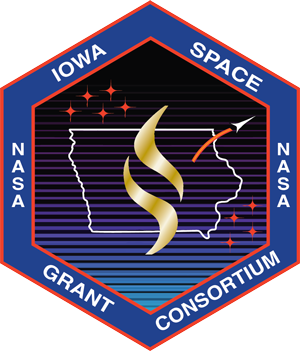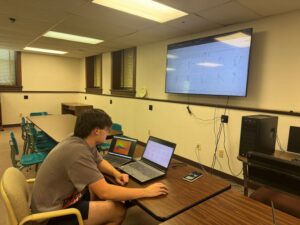This research project undertakes a comprehensive experimental analysis of external flows over standard shapes and conceptual aerospace models. The project’s primary goal is to advance the understanding and application of sustainable aerodynamic technologies, by focusing on the experimental investigation of full-sized models at a reduced scale, we aim to optimize research efficacy while minimizing cost and facility constraints. By improving efficiency and reducing the environmental impact of aircraft designs, this experimental process allows for multiple efficient tests and quick analysis for successful variations. NASA’s Mission Directorate for Aeronautic Flight Transformation statement says, “NASA remains committed to transforming aviation by dramatically reducing its environmental impact, improving efficiency while maintaining safety in more crowded skies, and paving the way to revolutionary aircraft shapes and propulsion that opens new possibilities for commercial air travel.”
This research directly supports NASA’s commitment to high-speed commercial flight and advanced air mobility by exploring lift and pressure efficiencies associated with air travel at a reduced and calibrated scale. By incorporating flight efficiency simulations into the design process a byproduct of successful innovation would be less environmental distress from carbon emissions with less efficient aircraft. Initial phases have successfully calibrated the wind tunnel using pressure tests on a cylindrical model, setting the stage for advanced external flow analysis on 3D-printed scaled airfoils. This work evaluates pressure distribution patterns critical for aerodynamic optimization, complemented by computational simulations for data verification. Innovative methods have been developed to integrate pressure taps into 3D-printed models, ensuring minimal disruption to the flow field.

